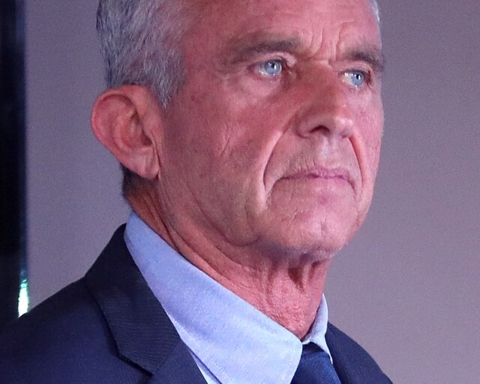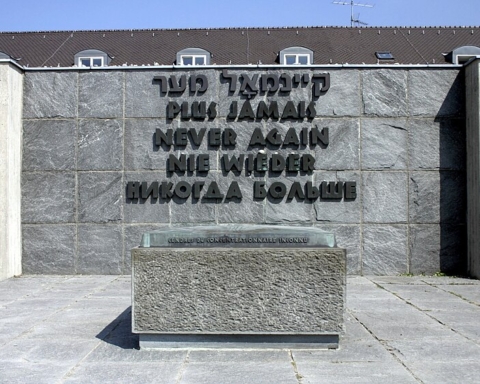I had a tearful moment at Christmas dinner with my parents last year. My mother asked me to offer the prayer before our dinner. As I did so, I looked down at the dining room table and realized it was covered with the tablecloth I had bought for my parents in Aleppo, Syria back in spring 2002. Aleppo, a city which holds such wonderful memories, is today a city in ruins, ravaged by conflict between government and anti-government forces, beginning in 2012.
I thought about the people I met, those with whom I had shared a cup of tea and those who had sold me the tablecloth, and wondered if they were still alive. Did their shop still exist, and what of their home, their family? My voice cracked with emotion and tears filled my eyes as I prayed.
While the media blasts Bashar al-Assad for devastating his own country and killing his own people, he shares the blame. He shares it with a number of rebel groups that oppose him – some of them equally murderous and brutal in their tactics, as well as in their use of chemical weapons. With a number of nations, particularly the United States and Russia, Assad shares that blame for what has become largely a proxy war between the two superpowers of the world; that is now doubled by the regional proxy war between Saudi Arabia and Iran – the Sunni kingdom supporting the rebels along with the Americans, and the Iranians supporting the Alawite-Shi’i Syrian president. And then there are the Israelis, who have entered the crowded arena of war to thwart Iran and its Lebanese partner Hezbollah. This is ironic, as Iran and Hezbollah have been at the forefront of fighting ISIS and other Sunni extremist groups in Syria.
Beyond the blame game, beyond the spurious claims made by all parties involved, underneath the rubble of Aleppo, Hama and other Syrian cities reduced to rubble is the Syria I know, the land that has figured largely in every historic era since the dawn of civilization. Although Syria was only constituted as a distinct country in 1924, its capital of Damascus is one of the oldest, continuously occupied cities in the world. It is the city where Saul of Tarsus was baptized and became Paul the Apostle of Christ. It is the city that became the capital of a vast Islamic empire that reached from Iberia to the Indus Valley in the eighth century CE. It is the city where the head of John the Baptist is enshrined in a mosque and, at the Umayyad Mosque, is a minaret upon which many Muslims believe Jesus will descend when he comes again. Just beyond the walls of the mosque is the grave of al-Malik al-Kamil, the sultan whom Francis of Assisi met in Egypt in 1219. He died in Damascus in 1238. It is the city that also bears the grave of Ibn ‘Arabi, one of the most significant theologians and mystics of the Islamic tradition.
It doesn’t matter whose bombs fall on Syrian soil. They all destroy. They destroy the marks and monuments of Syria’s rich past and the lives of Syria’s people, facing an uncertain future. Little did I know, in 2002, when I bought that tablecloth for my parents; it would become a poignant and painful reminder of a time when Syria, although not perfect, was at the very least peaceful.
Fr. Michael Calabria is a contributing writer for The Bona Venture
His email is mcalabri@bonaventure.edu






